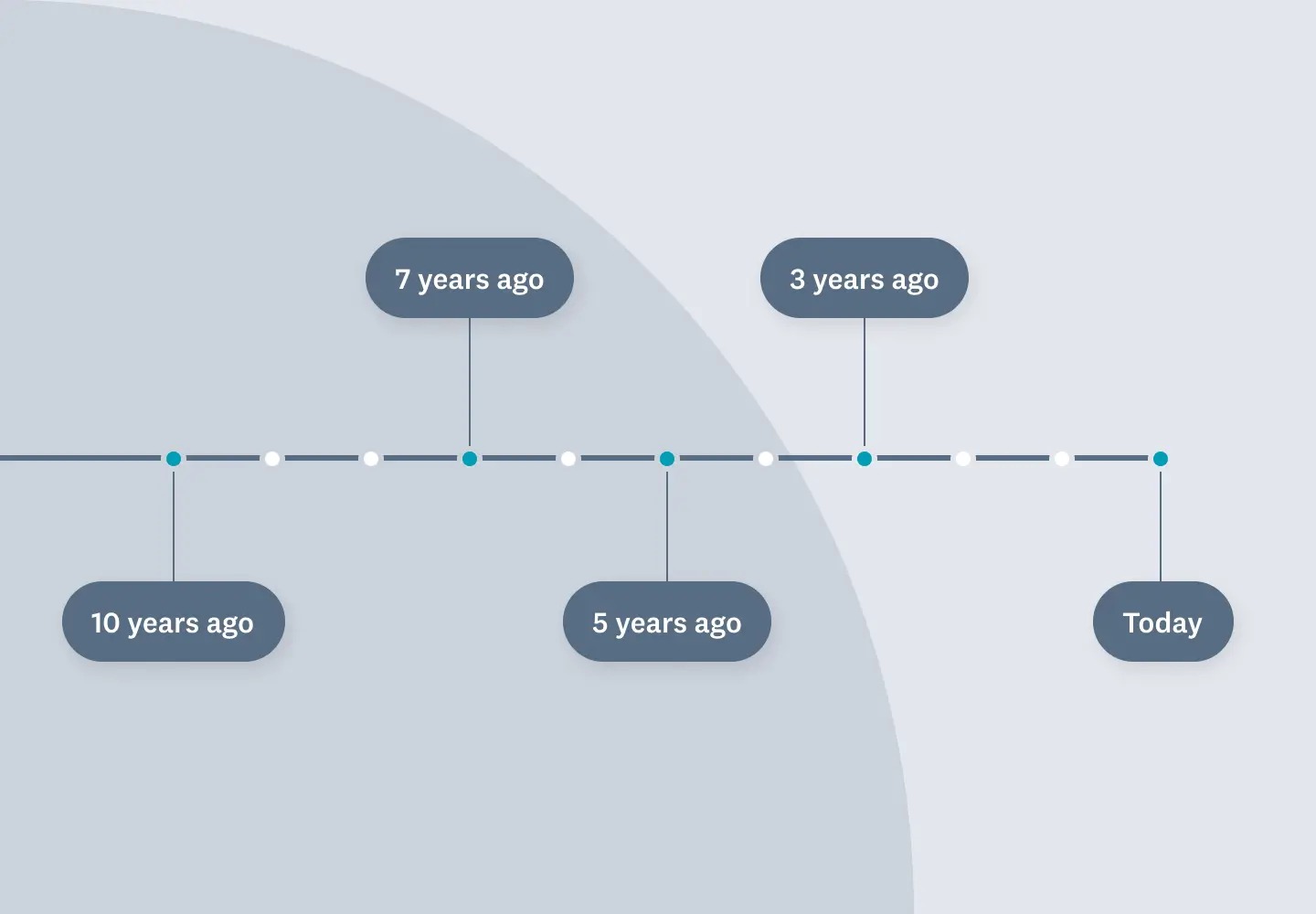Home>Finance>Soft Sell: Definition, Techniques, Vs. Hard Sell


Finance
Soft Sell: Definition, Techniques, Vs. Hard Sell
Published: January 30, 2024
Learn the difference between soft sell and hard sell techniques in finance. Gain insight into effective sales strategies and master the art of persuasion.
(Many of the links in this article redirect to a specific reviewed product. Your purchase of these products through affiliate links helps to generate commission for LiveWell, at no extra cost. Learn more)
Mastering the Art of Soft Sell: Techniques and Benefits
Finance is a critical aspect of our lives, and understanding the various strategies and techniques used in sales can make a significant impact on your financial success. When it comes to selling, you may have heard of “soft sell” and “hard sell” approaches. In this blog post, we’ll delve into the world of soft sell, exploring its definition, techniques, and how it differs from hard sell. By the end, you’ll have a firm grasp on soft sell and be able to effectively utilize it to enhance your financial prowess.
Key Takeaways:
- Soft sell focuses on building relationships and trust with customers.
- Hard sell involves assertive and aggressive tactics to close a sale quickly.
The Soft Sell Approach: An Introduction
What exactly is soft sell, and how does it differ from traditional sales approaches? Soft sell is a sales technique that prioritizes building relationships and trust with customers rather than forcing or pressuring them into making a purchase. It involves creating a comfortable environment and giving customers the freedom to make an informed decision at their own pace. By understanding the needs and preferences of your customers, you can tailor your approach to better meet their requirements.
Soft sell is characterized by communication, empathy, and collaboration. Instead of bombarding customers with aggressive sales pitches, soft sell focuses on providing valuable information, addressing their concerns, and building a long-lasting relationship. This approach creates a more pleasant and empowering buying experience for customers and helps establish your credibility as a trusted advisor rather than just another salesperson looking to make a quick buck.
Techniques for a Successful Soft Sell
Now that you understand the essence of soft sell let’s explore some effective techniques you can employ to master this approach:
- Active Listening: Listening attentively to your customers allows you to understand their needs and concerns better. By actively listening, you can address their specific pain points and offer appropriate solutions.
- Relationship Building: Prioritize building a genuine connection with your customers. Showing empathy, kindness, and genuine interest in their well-being not only helps you gain their trust but also encourages them to return for repeat business.
- Solution-Oriented Approach: Instead of solely focusing on selling your product or service, emphasize finding the best solution for your customers. By providing options and guidance, you position yourself as a trusted advisor rather than a pushy salesperson.
- Education and Guidance: Educate your customers about your product or service and how it can benefit them. By imparting knowledge and demonstrating expertise, you establish credibility and build trust.
- Providing Value: Engage in thought leadership by providing valuable content through blogs, videos, or tutorials. By sharing your expertise, you establish yourself as an authority in your field and generate trust among potential customers.
Soft Sell vs. Hard Sell
Now that we have explored soft sell, let’s briefly differentiate it from hard sell. Hard sell is an aggressive and assertive sales technique focused on closing a sale quickly, often using high-pressure tactics. While hard sell may be effective in certain situations, soft sell is generally more conducive to building long-term customer relationships and fostering trust.
Hard sell is characterized by features like persistent sales pitches, time-limited offers, and pushing customers to make quick decisions without considering their needs fully. On the other hand, soft sell prioritizes personalized communication, understanding customer needs, and empowering them to make informed decisions at their own pace.
Final Thoughts
Mastering the art of soft sell can be a game-changer in your financial success. By adopting a customer-centric approach and focusing on building relationships, trust, and long-term value, you can enhance your sales effectiveness and build a strong and loyal customer base.
Remember, soft sell is not about sacrificing sales goals but finding a harmonious balance between customer satisfaction and achieving your business objectives. So, embrace the power of soft sell and watch as your financial endeavors soar to new heights.














